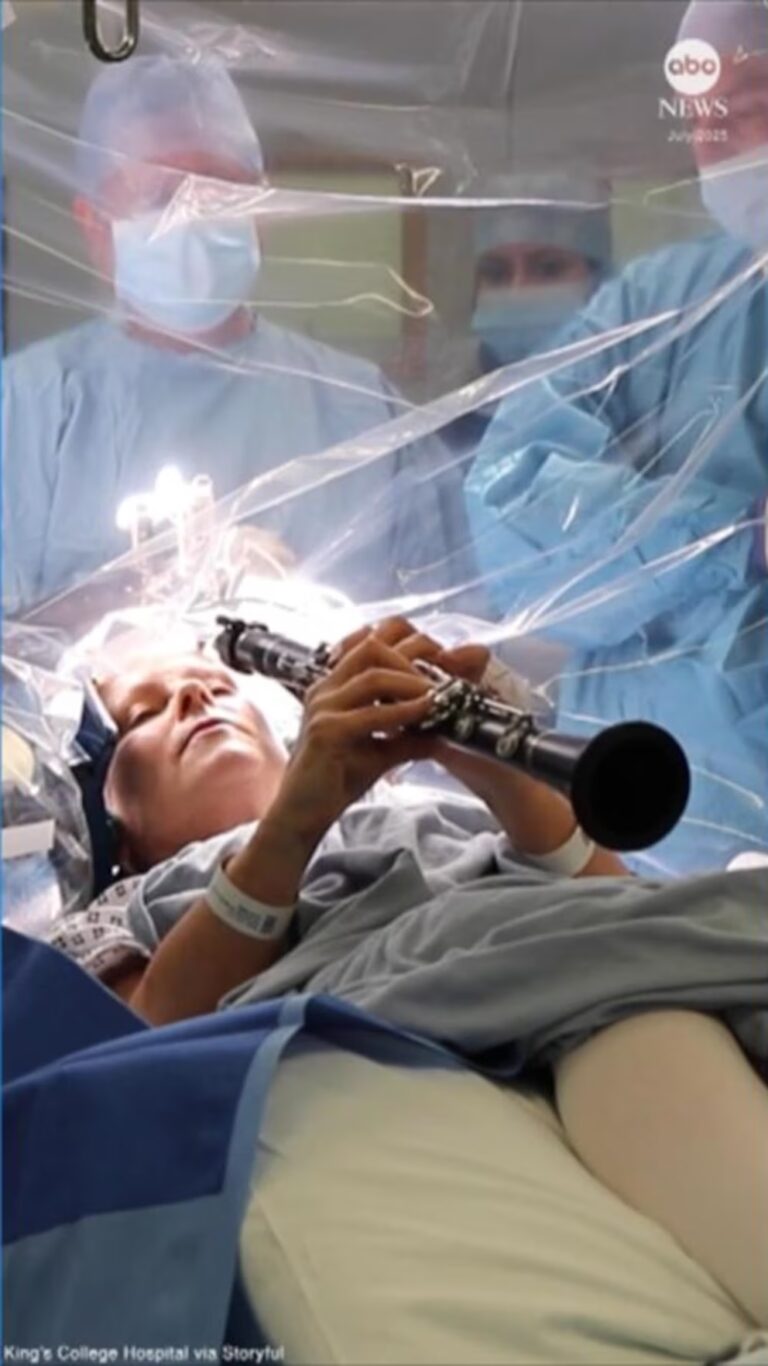Millions of people will begin to lose their health insurance on Saturday, as five states begin the unwinding of a pandemic-era protection that kept people from being removed from the Medicaid rosters.
During the public health emergency, states were required to keep people on Medicaid without the often yearly reapplication process normally in place. But now that the public health emergency is winding down, so are the Medicaid rolls.
"We're now in a position within just a couple of days where states can begin to disenroll people — to redo their rosters for Medicaid — and this continuous coverage requirement is no longer going to be in place," Dr. Avenel Joseph, vice president of policy for the Robert Wood Johnson Foundation, told ABC News.
The issue that Joseph and other advocates are concerned about is that not enough people know they're about to get kicked off their coverage.
For Jeffrey Jackson, a 62-year-old Medicaid beneficiary in Arkansas who faces losing that coverage in a matter of days, that could be a "nightmare."
Arkansas is one of the five states that will start removing people from coverage on April 1, along with Arizona, Idaho, South Dakota and New Hampshire.

A woman sits on an examination table in a clinic while a health care professional checks her blood pressure.STOCK PHOTO/Getty Images
Without Medicaid, Jackson's financial decisions would have to come down to "whether I would eat or whether I will get my medication."
Jackson said he'll have to meet with his doctors to ask them what medications he can do without.
"We'll look at what's left and then I'll say I'll look at the price and what I can afford or can't afford," Jackson told ABC News.
MORE: COVID-19 pandemic 'is probably at a transition point,' WHO says
Despite the dire stakes, losing Medicaid is a common problem that used to happen annually before the pandemic — the average person on Medicaid got about 10 months of coverage a year, because of something called "churn," which often occurs when bureaucratic hurdles push people out of the system for reasons as simple as missing a letter in the mail or moving.
According to estimates from KFF, a nonpartisan nonprofit that reports on national health issues, roughly 65% of people who do get disenrolled end up uninsured for a portion of the following year.
Getting back on health insurance can be tricky, Joseph said.
"It's not just like you check a box and you can get back on Medicaid the next day. The process of getting re-enrolled in Medicaid, even when you're eligible, can take months. And during that period of time, people — individuals but also their families, and children in particular — can fall through the cracks," Joseph said.
The Department of Health and Human Services estimates that this time around, after three years without "churn" in the system, roughly 7 million Americans who still qualify for Medicaid will lose benefits.
Another 8 million will lose coverage because they no longer qualify and need outreach to understand where they can enroll in other, low-cost government health programs through the Affordable Care Act, according to HHS.
"What we've heard from Medicaid administrators across the states is this is the largest shifting of insurance coverage for people since the Affordable Care Act was put in place over 10 years ago," Joseph said. "This is a massive undertaking."
"And with that kind of movement," Joseph said, "vulnerable people will fall through the cracks."
Sourse: abcnews.go.com






